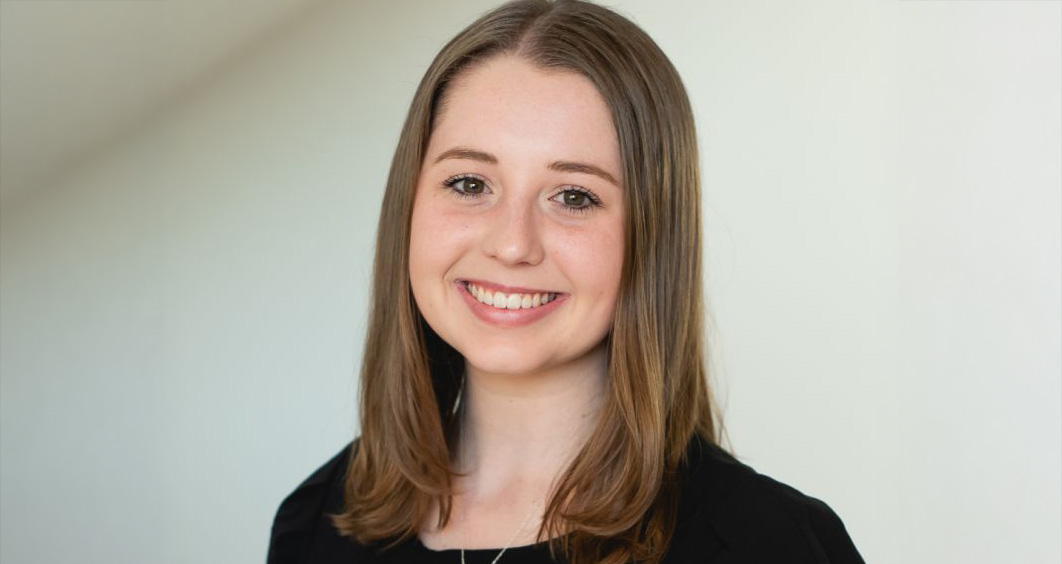
On a hot summer evening, a cold scoop of ice cream just seems right. Sometimes I will
reach for a pint of The Tonight Dough – a tasty combo of chocolate chip and peanut
butter cookie dough and vanilla ice cream – brought to you by Ben & Jerry’s, an ice
cream company that supports social and environmental issues.
The ice cream flavor compelled me to buy the pint, but the social impact makes me
feel good about the purchase. Sales of The Tonight Dough ice cream benefit SeriousFun,
a nonprofit network of camps for children with serious illnesses and who wouldn’t
want to help sick kids feel better?
Activism: Revenue Driver or Business Buster
For businesses, activism is a complex question. Will it hinder or help the bottom
line? How should corporations respond when stakeholders push an agenda? Who wins when
business is forced to ignore or bend to pressure? And how do government regulations
and the discretion of regulators affect these decisions and outcomes?
To answer these questions, Jake B. Grandy, an assistant professor in the Department of Strategy, Entrepreneurship & Venture
Innovation at the Sam M. Walton College of Business, University of Arkansas, examined
how simultaneous, different tactics from stakeholders interact to impact firms in
regulated markets.
Working with Shon R. Hiatt, an associate professor in the Marshall School of Business at the University of Southern
California in Los Angeles, Grandy explored “regulatory agency discretion or regulators’
flexibility to interpret and implement public policies.” In other words, how flexible
government agency regulators are in their decision making can make it easier or more
difficult for business and stakeholders to create change -- think about taxes, labor
laws, environmental and health or safety requirements.
Grandy and Hiatt’s study argues that “discretion affects the salience of regulatory
accountability to the public and thereby alters the radical flank effect on business
outcomes in regulated markets.”
Questions
The researchers examined the effects of simultaneous radical activist tactics (protests
against businesses) and moderate activist tactic (formal complaints to regulatory
agencies about business activities) on businesses. The work of the radical activists
and how it effects moderates’ cause and business outcomes is called the “radical flank
effect.” The team began with two hypotheses:
Hypothesis 1. When regulatory discretion is high, the combination of radical and moderate social
movement tactics will be detrimental to business outcomes.
Hypothesis 2. When regulatory discretion is low, the combination of radical and moderate social
movement tactics will be beneficial to business outcomes.
Answers
After analyzing the data of stakeholder opposition to U.S. hydroelectric power facilities
from 1987 to 2019, the study showed that “high discretion enhances the radical flank
effect and detrimentally affects business outcomes, whereas low discretion reverses
the radical flank effect and favorably affects business outcomes.”
Grandy and Hiatt found when government agencies have more leeway and fewer restrictions
in their decision making, it benefits activists because regulators -- and subsequently
industry – can listen, respond and make changes. On the other hand, if regulators
are wrapped up in restrictions, it is harder for the government and/or industry to
respond to radical activists and create social change or public policy.
The researchers also found that government agencies and/or companies who are proactive
with social changes or public policy can meet the moderate activists needs without
bending to the pressure of more radical activists who may call for more extreme solutions.
The findings can change the way managers, elected officials, government agencies,
business and activists approach strategies and tactics associated with change. These
groups should:
- understand the relationship between political opportunities and the regulatory environment;
- consider proactive engagement between with activists, government and industry;
- understand the stakeholder activism within a specific state and/or industry; and
- know how much leeway the regulators have in implementing public policy.
For details about the theory, research methods and findings about Grandy and Hiatt’s
research, visit INFORMS, the Institute for Operations Research and the Management
Sciences, for the published study:
Jake B. Grandy, Shon R. Hiatt (2023) The Radical Flank Revisited: How Regulatory Discretion Shapes the Effectiveness of
Social Activism on Business Outcomes published in Organization Science in Articles in Advance 25 May, 2023.
And while contemplating your next radical movement to create positive change, eat
ice cream. It works equally well for activists, government officials and businesses!





